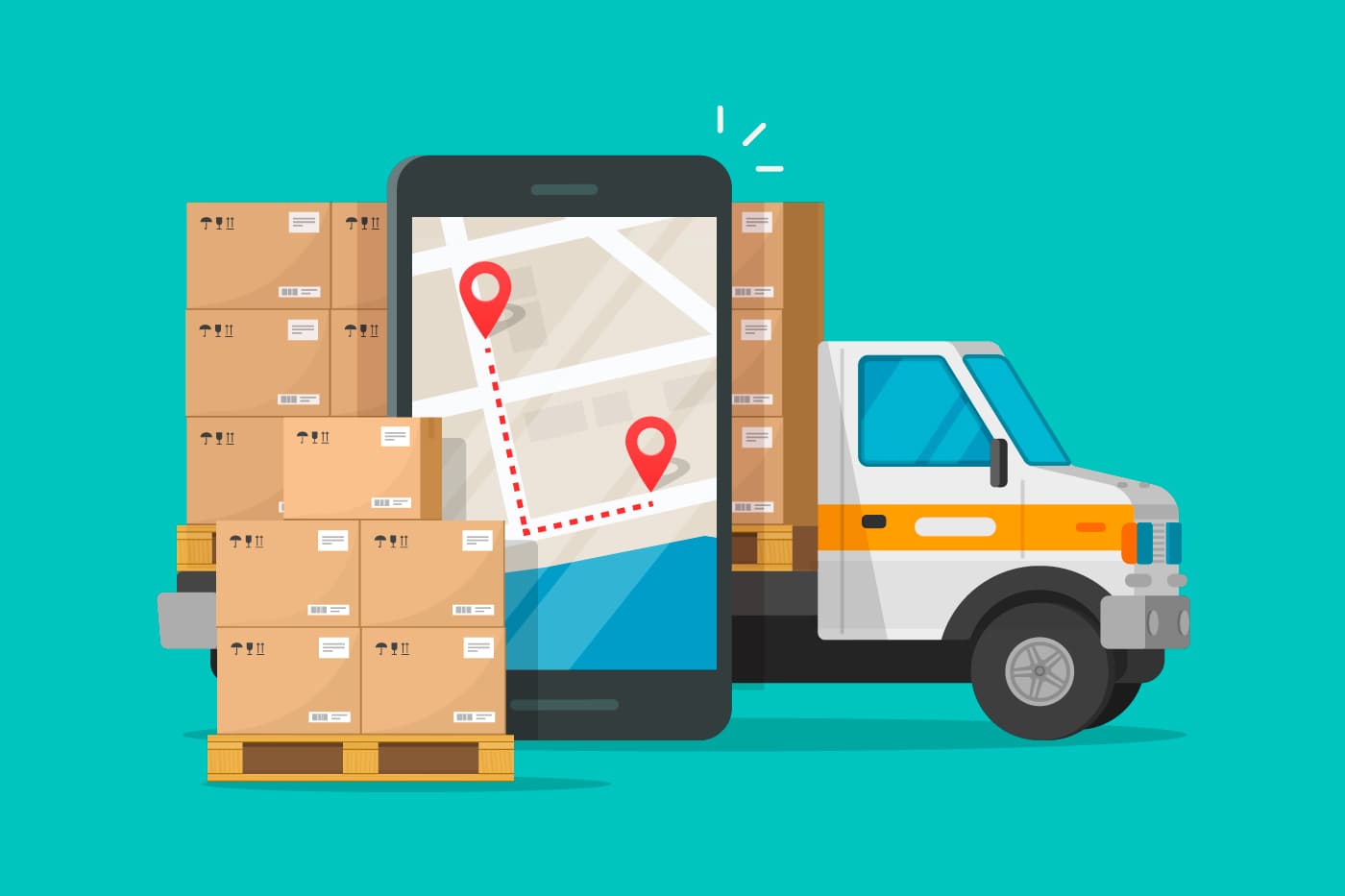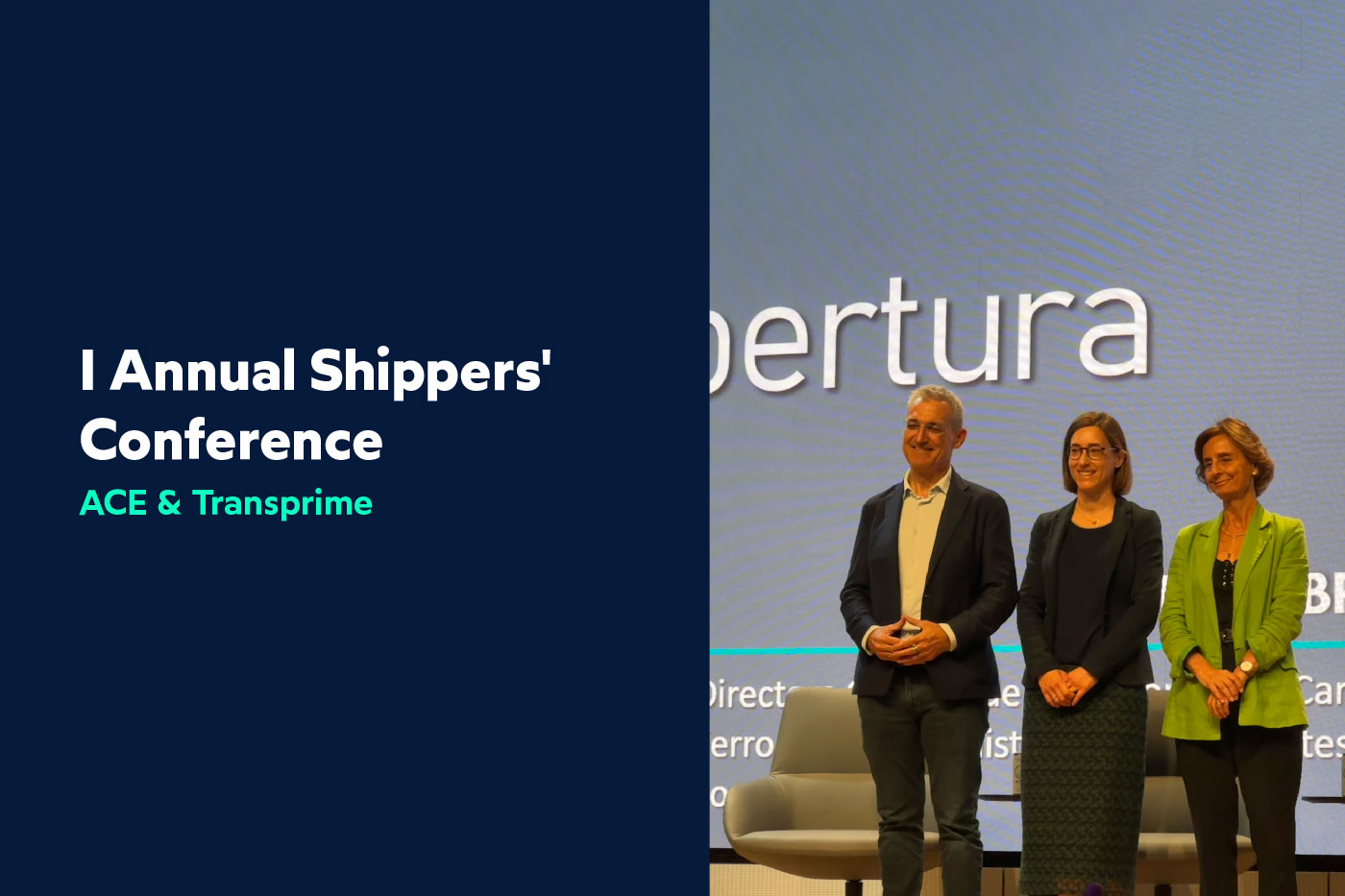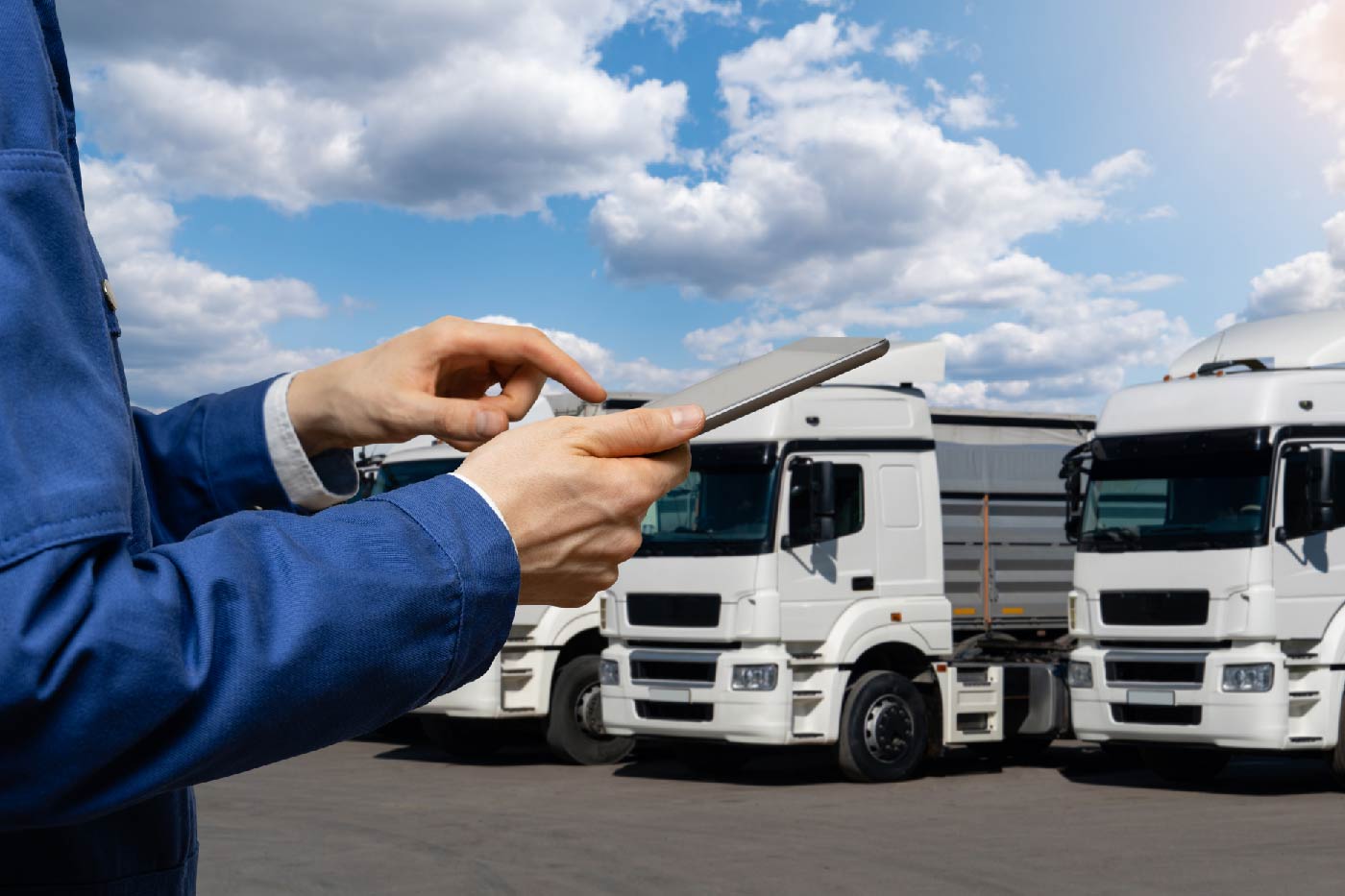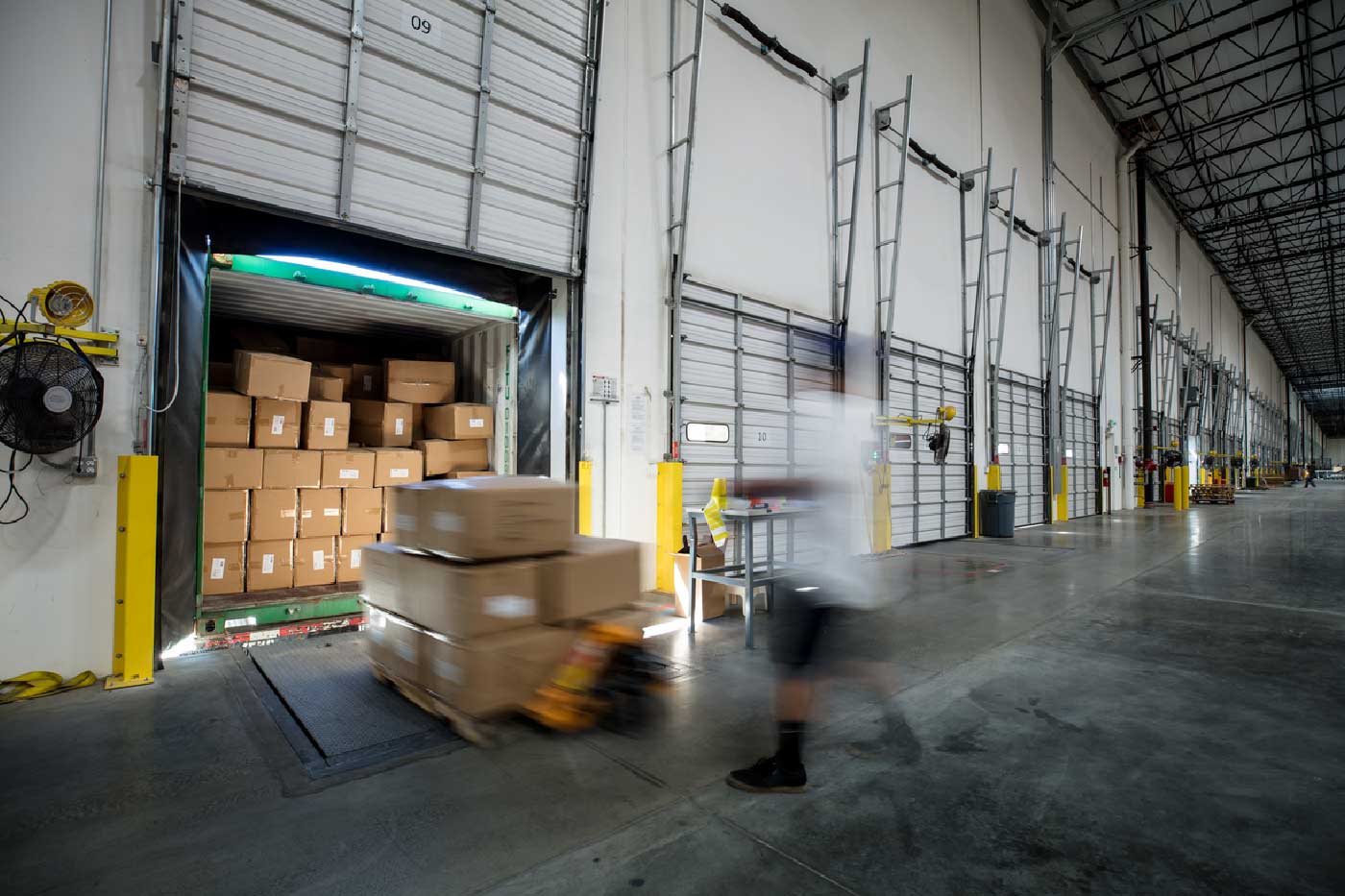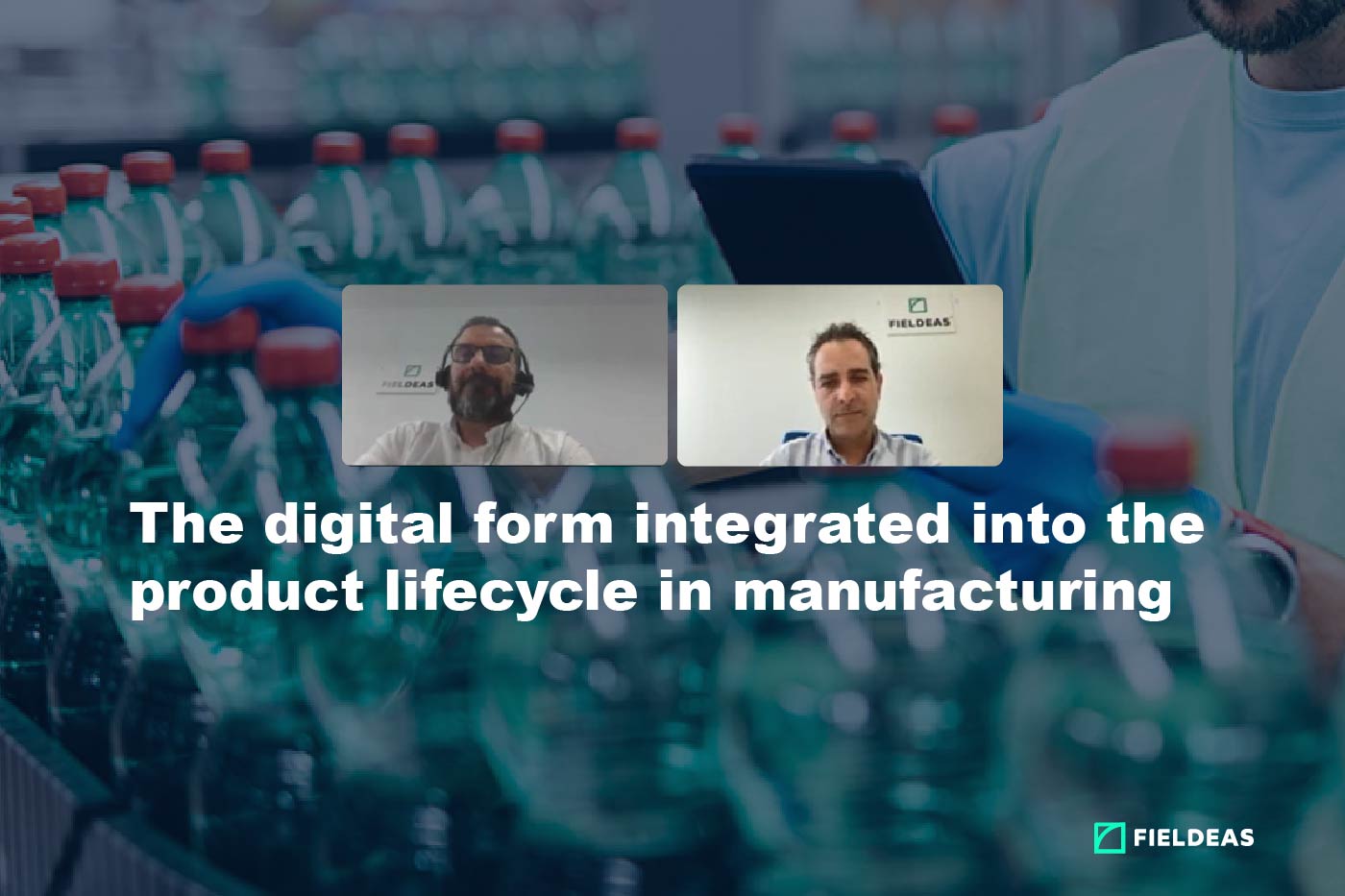Traceability offers great advantages in transportation, especially in controlling costs and improving service. But in order to take full advantage of them, the right technology must be in place.
Cost control is a strategic objective of any company. In the logistics field, controlling transportation costs is of great importance from the point of view of savings and, for more than a decade, it has also made it possible to reduce the carbon footprint.
Reducing costs allows any company to improve its profitability and to have the resources to make investments to improve its market position.
On the other hand, service is what sets any company apart from its competitors.
Full traceability in transportation has the ability to drive both cost control and service improvement.
However, there are too many black spots that prevent full traceability in transport. Finding those critical moments to avoid the loss of sensitive information is a delicate task that requires an integral vision and a business perspective, in order to be able to analyze all records with a continuous improvement mentality.
In this article we look at where the secret to total control of your supply chains lies.
What is traceability?
To do so, we will follow a few steps. First, we need to define what traceability is. Traceability is a system that makes it possible to track the path of goods through a supply chain.
For this purpose, a series of checkpoints are established to verify the passage of the goods and their condition.
Traceability systems collect all this information in order to locate the merchandise throughout the chain. This service offers advantages for shippers, who obtain reliable information on the location of their cargo, for logistics operators, who can offer a value-added service, and for carriers, who can improve the management of their fleets and workforces.

Why is traceability important?
Secondly, you need to know why it is important to have a traceability system.
In business, there is no such thing as something that cannot be measured. A traceability system provides accurate information about the goods. From this information it can be deduced whether the services have been performed satisfactorily.
But, going much further, a traceability system makes it possible to take control of the transport chain in order to be able to act in the event of any incident and provide an appropriate response.
Full traceability offers a number of benefits to manage transport operations with greater agility and reliability. Among them are:
Benefits of traceability
- Improve customer service through detailed information on the route taken by the goods.
- Reduce operating costs and fuel consumption
- To have total load control along the entire chain.
- Have the ability to modify services.
- Improve expedition agility.
- Refine control over staffing activity and transport equipment allocation.
- Take a further step in digitizing operations and reducing the use of paper to align with customers’ IT systems.
- Reduce the administrative burden on drivers.
- Improved risk managementin the transport chain
How to achieve full traceability in transport?
Finally, it is important to know that full traceability can only be managed through a technological platform that allows data to be collected and processed appropriately and with the right perspective for each business.
New technologies are a key element for collecting and processing all the data generated throughout the different events that mark the passage of goods through the entire transport chain.
It is essential to have a suitable system, adapted to the specific needs of each company and capable of channeling all data through useful, relevant and visually presented information.
The data collected in the transport chain must be processed electronically to provide adequate information that will allow conclusions to be drawn for improving the service.
Likewise, the information must be known in real time so that corrective measures can be taken without a second being lost.
Complete traceability with FIELDEAS Track and Trace
FIELDEAS Track and Trace is what you are looking for. A system that adapts to each specific need, offering comprehensive end-to-end traceability of the transport chain, in real time and, above all, with a business vision.
In this way, FIELDEAS Track and Trace goes a step further in traceability and becomes another business management tool to ensure that the transport chain provides detailed information that allows generating a competitive advantage to clearly differentiate from what other competitors are doing.

